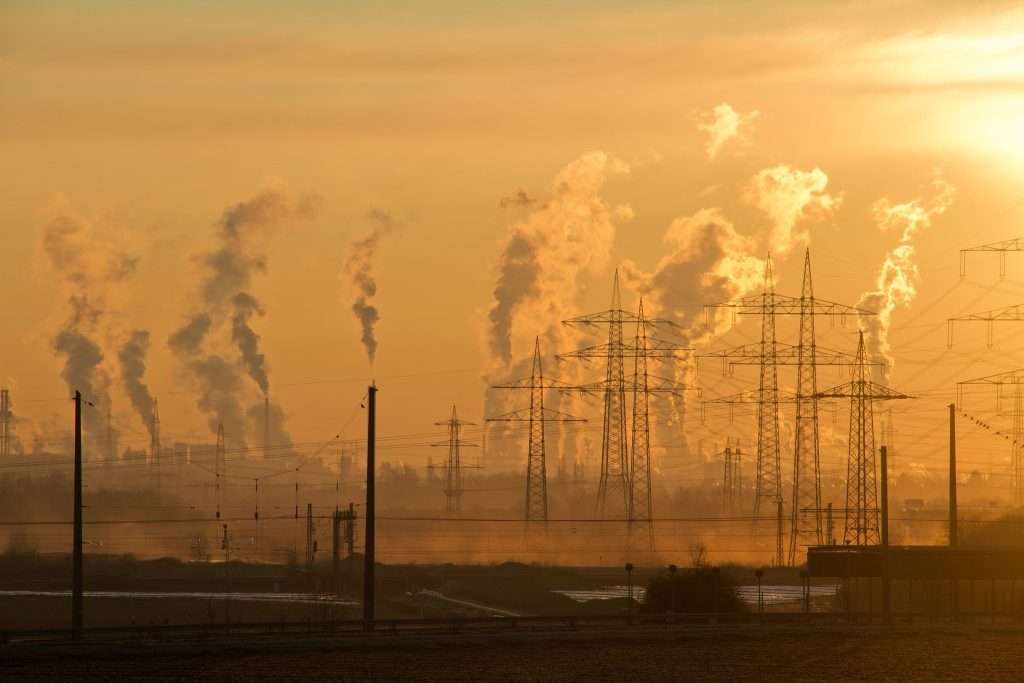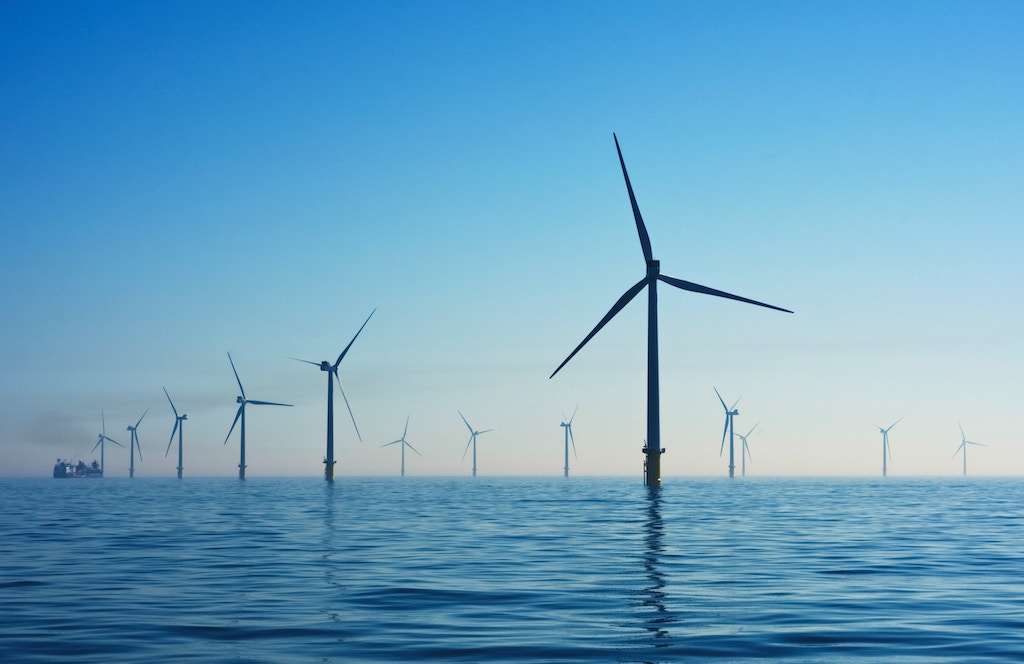A new report from the Committee for Economic Development (CED), the public policy center of The Conference Board, highlights a path forward for the U.S. to meet its net-zero emissions targets by 2050.
In its recent Solutions Brief, entitled “An Energy Transition Road Map to Net Zero 2050,” CED says net-zero emissions is achievable in the U.S., but key considerations are necessary.
According to the brief, a robust, resilient strategy, must establish a foundation on market principles, kindle innovation, and secure the U.S.’s competitiveness on the international stage. The path to net-zero GHG emissions will demand massive investment in renewables, storage, transmission infrastructure, and energy efficiency technologies. Such expenditures will unlock profitable opportunities, given the future prospects of cheaper energy, enhanced supply reliability, and more stable energy prices.
Dr. Lori Esposito Murray, President of CED, highlights the urgency of climate change as a global concern affecting security, prosperity, and public health. She says the challenges on the path to net zero 2050 are many, and underscores that to navigate the challenges on the journey to net zero, “the U.S. business and policy communities [need to] work hand in hand,” she says, and the nation should exploit its strengths, such as energy abundance, ingenuity, and adaptable market-based regulatory policies to ensure it meets its goals.

The report stipulates key strategies to reach the 2050 target. These include the judicious implementation of climate-related funding provisions, expanding the usage of zero-carbon energy sources, establishing a carbon market plan, and using smart regulation. It advocates for solutions that consider the unique circumstances of each sector, ensuring global climate cooperation, and the provision of energy security through dependable fossil fuel supplies during the transition to net-zero.
The CED recommends using nuclear energy, particularly with small modular reactors. It says it will require ongoing cost reduction and development of a “satisfactory and permanent” method of nuclear waste storage. It also advocates for greater use of blue and green hydrogen particularly in economy sectors historically difficult to decarbonize, as well as increased solar and wind and large-scale carbon capture and storage efforts.
The report also advocates for natural gas as a transition fuel due to its lower emissions relative to coal or petroleum products, accelerating the transition to clean energy through research and development, and reducing methane and hydrofluorocarbon emissions.
Promoting equity in the energy transition is essential, the report says. This involves community-driven data analysis, equitable remediation, and new investment rates, avoiding bias in the construction and operation of new infrastructure, and creating opportunities for disadvantaged and vulnerable communities to benefit from grant programs.

Mitigating cost and supply risks, such as those related to the energy transition and the reliability of critical material supplies, should be encouraged through private investment and market forces to deliver long-term sustainability. The report highlights the necessity of prioritizing the modernization of the power grid and imposing stricter requirements to challenge permitting decisions.
“Climate change is a defining and urgent 21st-century global challenge which threatens global security, economic prosperity, environmental sustainability, and public health,” Esposito says. “Along with the other largest GHG emitters, the U.S. must set the right path to net zero and position itself as a leader in a greener global economy.”
Related on Ethos:



